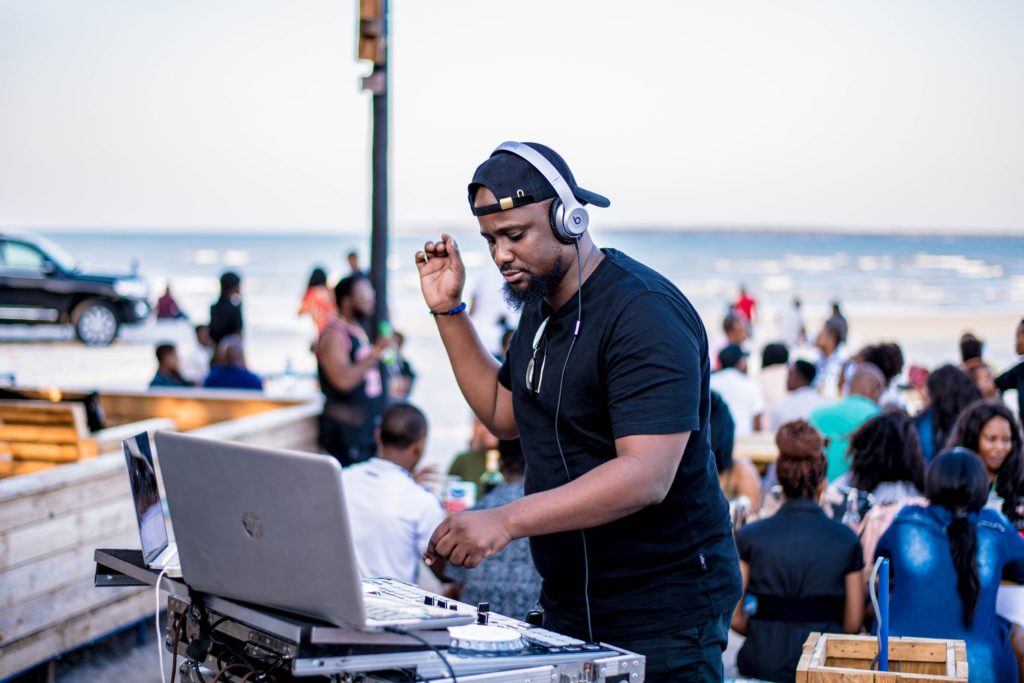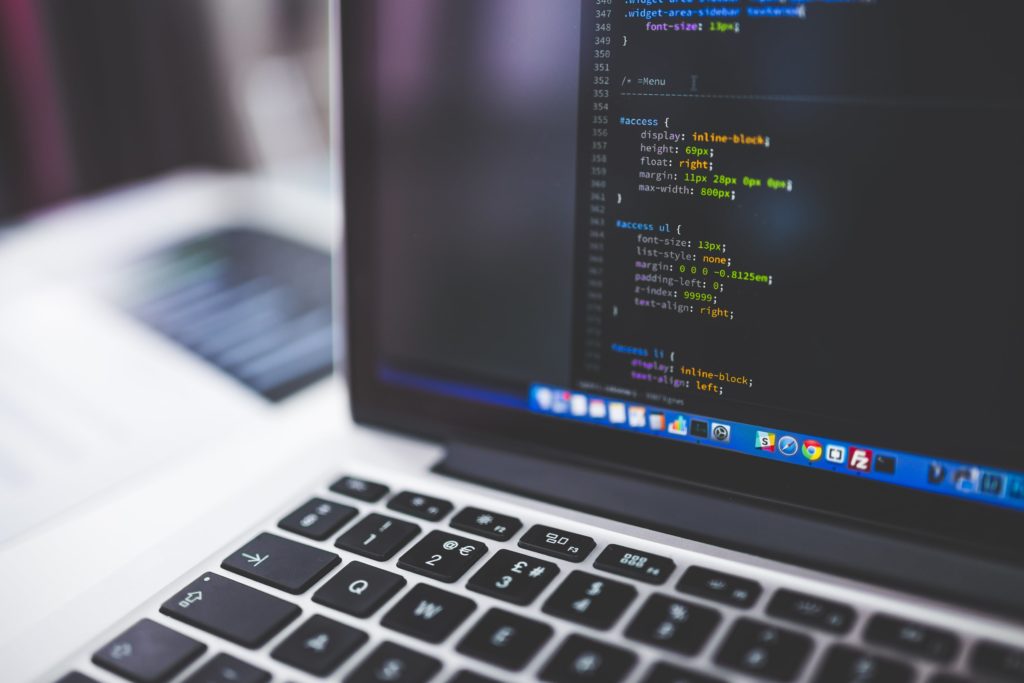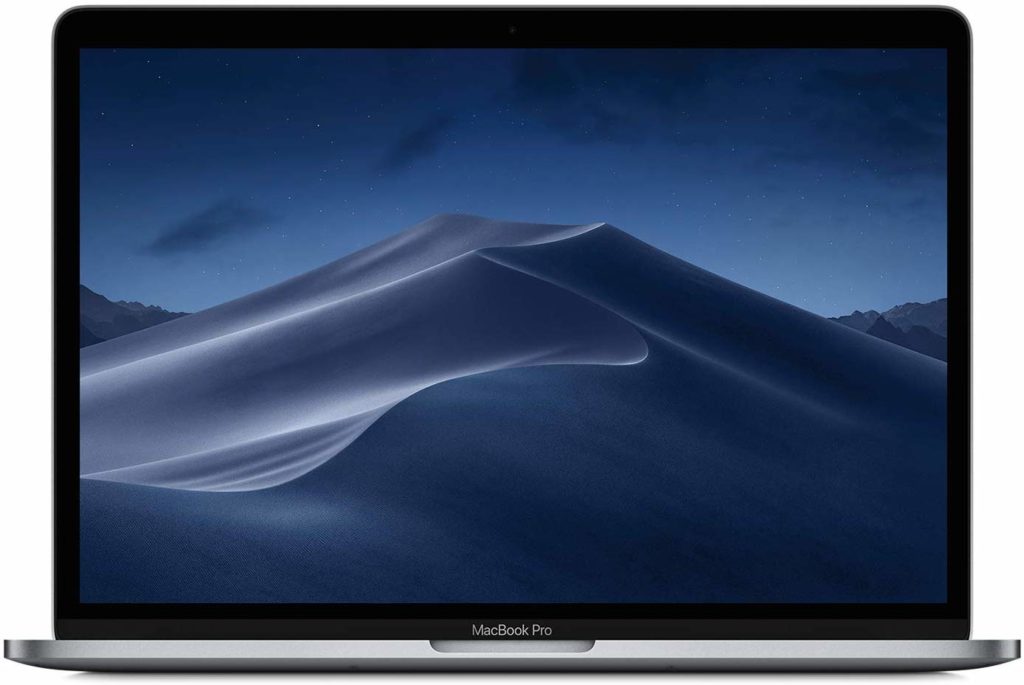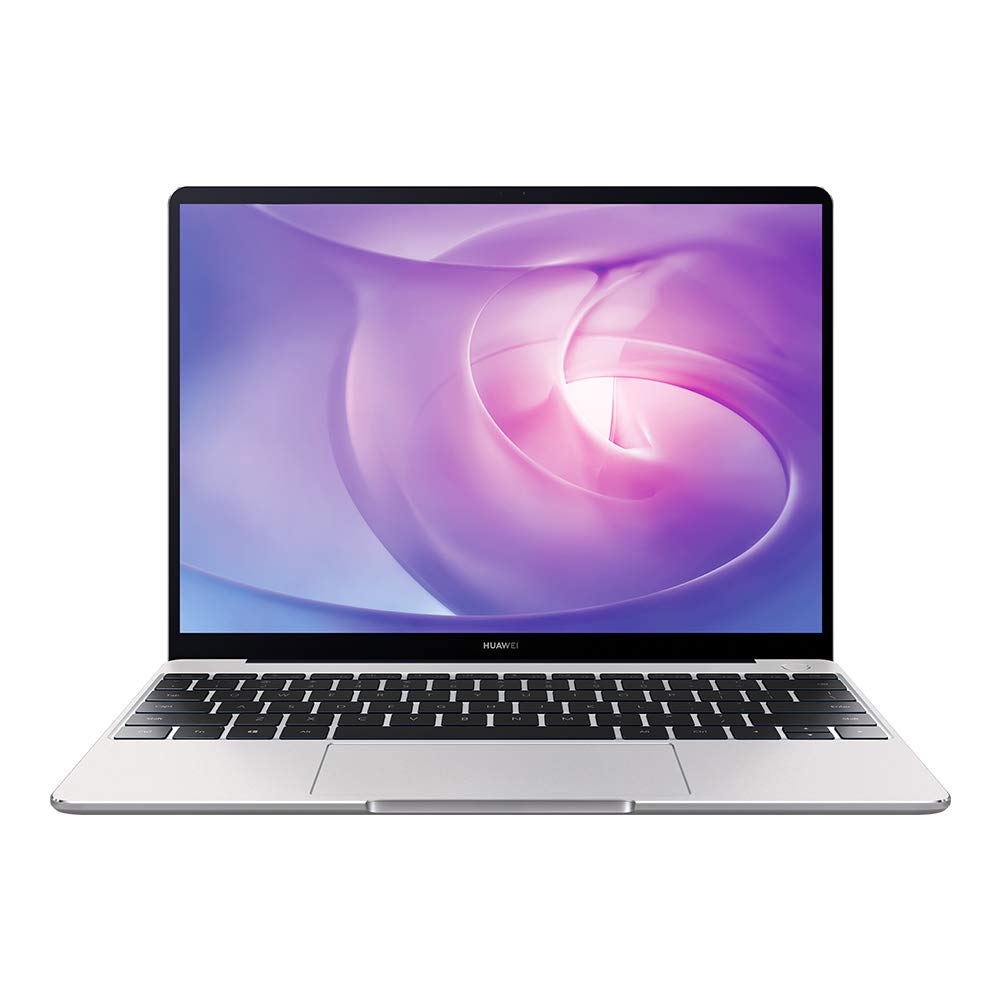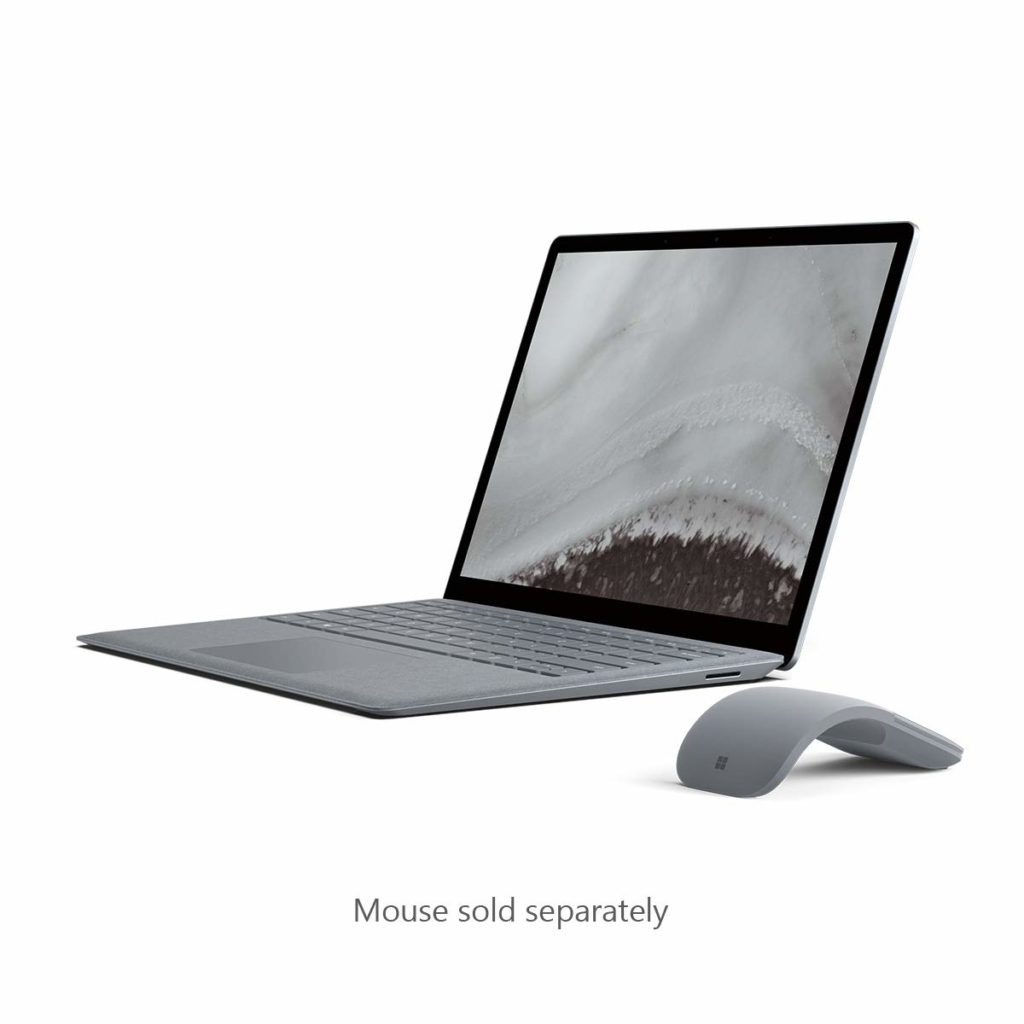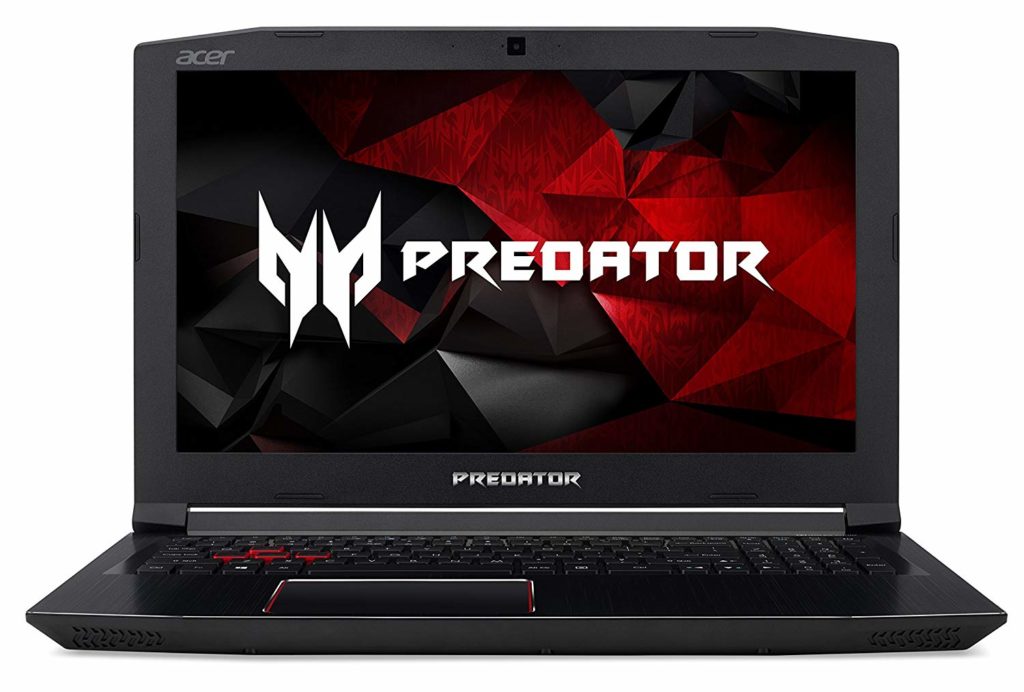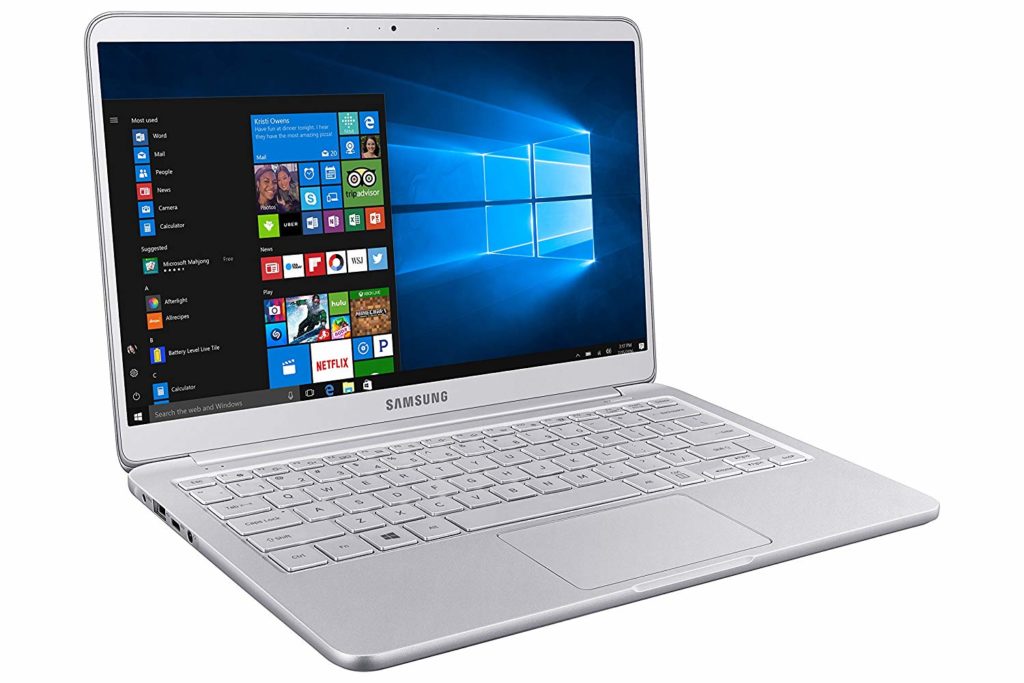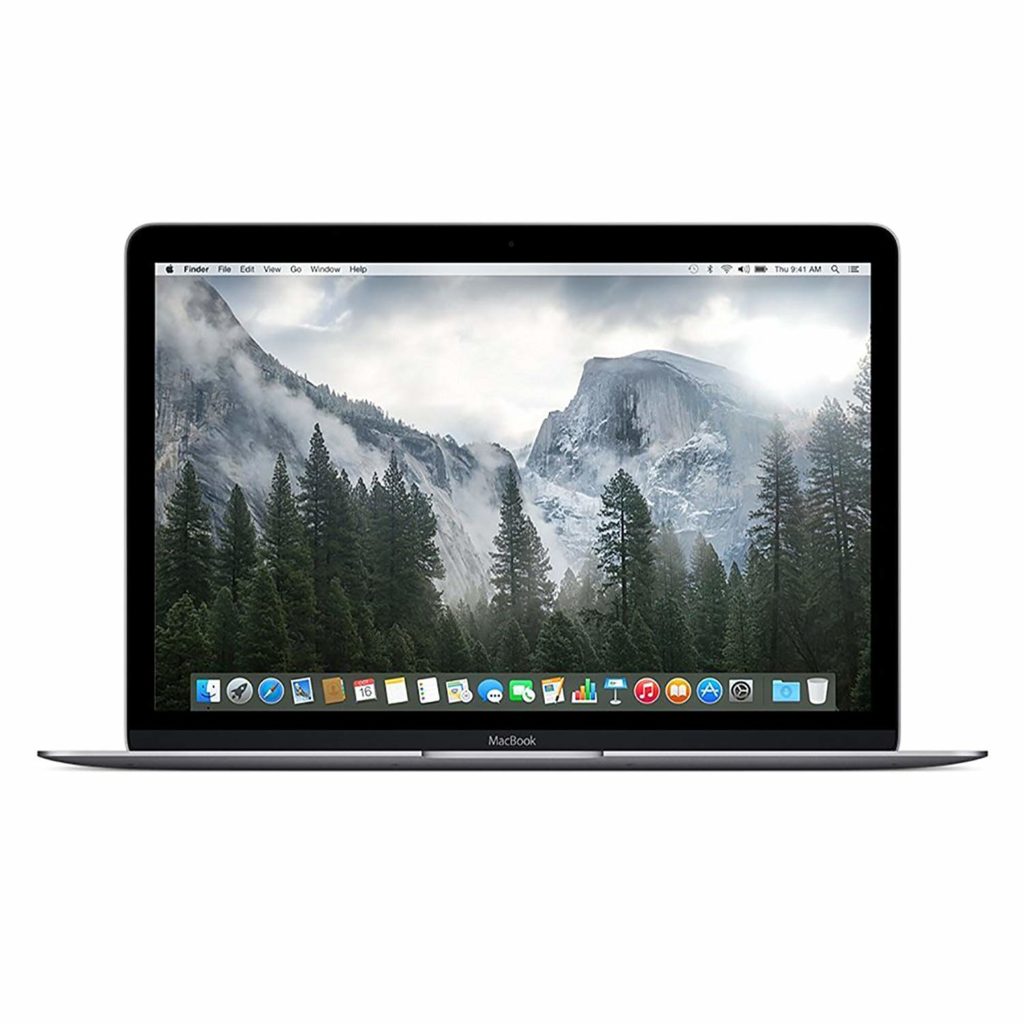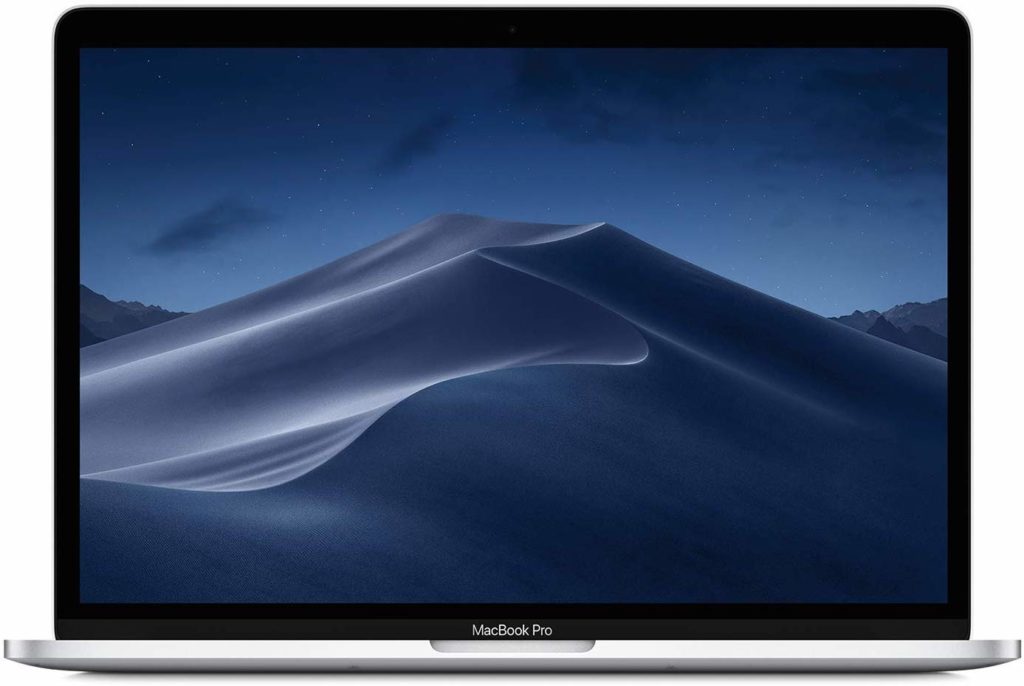Processor
Naturally, more processing power means the capability of handling more tasks at once. Simultaneous task performance is a must-have feature for a music production laptop. So, more cores serve you better.
You should also check for the processor frequency. It makes much difference in performance. Don’t go lower than 2.2GHz of speed. You can always stretch the limit as per your budget.
RAM
Do not go below 4GB RAM if you want to produce music without getting frustrated with slow performance. You should go for 8GB or 16GB of RAM, as per your preference. Remember, music production will keep on severely influencing the device’s memory, especially when you are going to add multiple plug-ins to do your work.
More RAM means better performance. So, if possible, opt for 16GB of RAM to have a buttery-smooth experience with your device.
Hard Drive
You need a sufficient amount of memory to run digital audio workstation software and plug-ins. But, if you want to limit yourself only to audio production, you don’t need to go for too much storage. However, at least try to opt for 256GB of internal storage while choosing your laptop.
Screen Size
The portability of a device depends on its screen size. So, you should go for a laptop at least 15 inches. If you travel frequently, a 17-inch one would seem to be bulky for you.
Don’t go below 15 inches. Otherwise, you would face clutter while working in the digital audio workstation. Then, you would need to rely on an external monitor, which will be an added overhead.
Do you check for SDD?
It’s not mandatory. But, if you can make it within your budget, you should go for it. You get lightning-fast performance.
However, HDD works best for most of the professionals.

